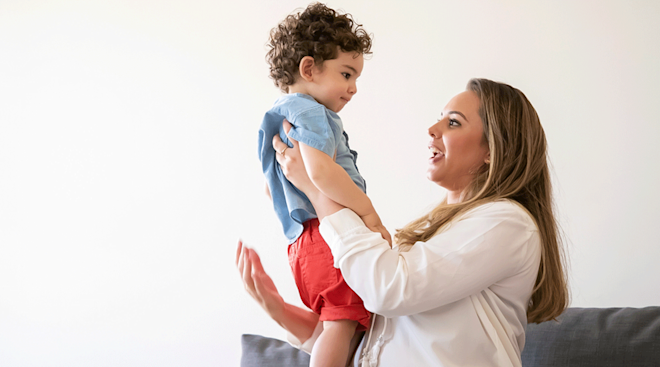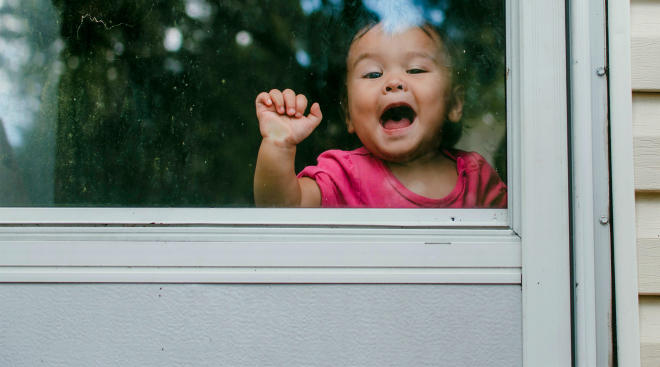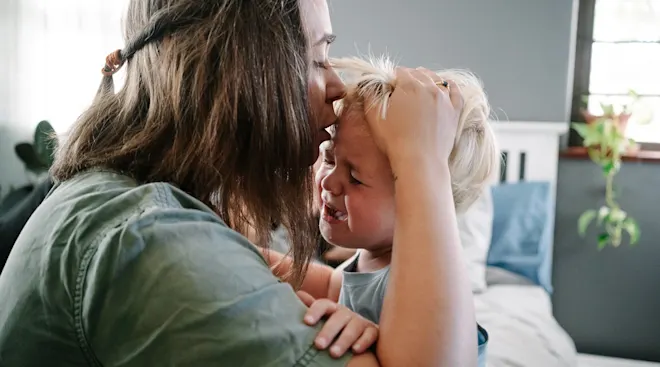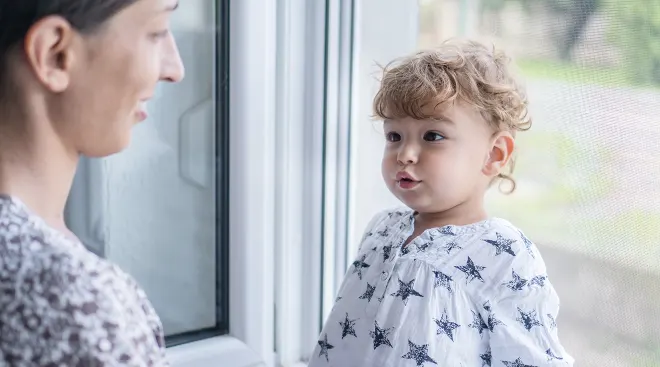There May Be a Big Advantage to Having Children at an Older Age, Study Says
The average age of first-time moms has been on the rise for a few years. In light of the demographic shift, we are now seeing women in the 30 to 34 age group with the highest fertility rate of all age brackets. Parents who have kids at an older age are constantly being reminded about certain risks that may arise, but a new study may help them to breathe a little bit easier. Researchers found that children born to older parents tend to have fewer behavioral problems than children of younger parents.
Researchers analyzed the behavior issues of more than 30,000 Dutch children when they were 10 to 12 years old. Behavioral problems were rated by fathers, mothers, teachers and the children themselves through a series of standardized instruments. The children were all born after 1980 and were part of four studies—Generation R, the Netherlands Twin Register, the Research on Adolescent Development and Relationships-Young Cohort (RADAR-Y), and the Tracking Adolescents’ Individual Lives Survey.
In the Generation R study, mothers’ age at child’s birth ranged from 16 to 46 and fathers’ age at child’s birth ranged from 17 to 68; in the Netherlands Twin Register, mothers’ age ranged from 17 to 47 and fathers’ from 18 to 63; in the RADAR-Y study, mothers’ age ranged from 17 to 48 and fathers’ from 20 to 52; and in the Tracking Adolescents’ Individual Lives Survey, mothers’ age ranged from 16 to 44 and fathers’ from 18 to 52.
Researchers found that children of older parents had fewer externalizing behavior problems, as reported by the parents. The findings persisted even after considering the families’ socioeconomic status. Meaning, the positive effect of parents’ age on children’s behavior was not solely due to their income level. The study also found that parents’ age appeared unrelated to children’s internalizing behavior problems.
“It’s possible that some of the reason why older parents have children with fewer problems like aggression is that older parents have more resources and higher levels of education,” explains Dorret Boomsma, professor of biological psychology and behavior genetics at Vrije Universiteit Amsterdam, who co-authored the study. “But it is important to note that the higher average educational level of older parents does not completely explain the decreased levels of externalizing problems in their children.”
Please note: The Bump and the materials and information it contains are not intended to, and do not constitute, medical or other health advice or diagnosis and should not be used as such. You should always consult with a qualified physician or health professional about your specific circumstances.
Navigate forward to interact with the calendar and select a date. Press the question mark key to get the keyboard shortcuts for changing dates.




















































